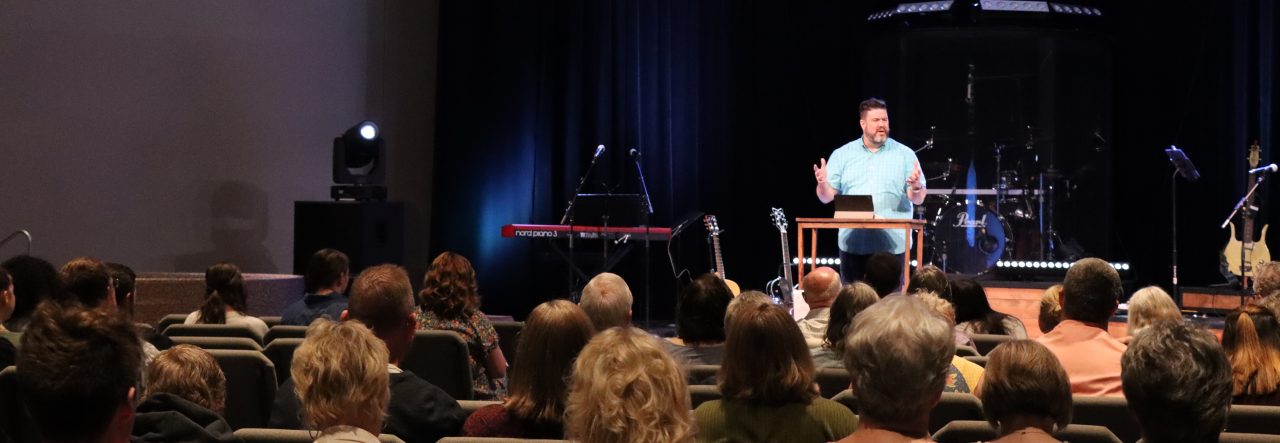We had another visitation of severe storms in middle Tennessee. I am weary of this. My heart breaks for those impacted negatively by winds and floods.
An increased population in our region, spread across more land, means certain interaction with natural weather phenomena. Do we have more superstorms due to global warming? Perhaps. Is there more concrete preventing absorption in the soil? Most definitely. The waterways can be controlled by dams for some time, but those limitations are eventually exposed.
We are under God’s sovereignty on the land and under the sky. As technology advances and humanity progresses, we still cower from the storm. May this vulnerability keep us humble under God’s great providence.




